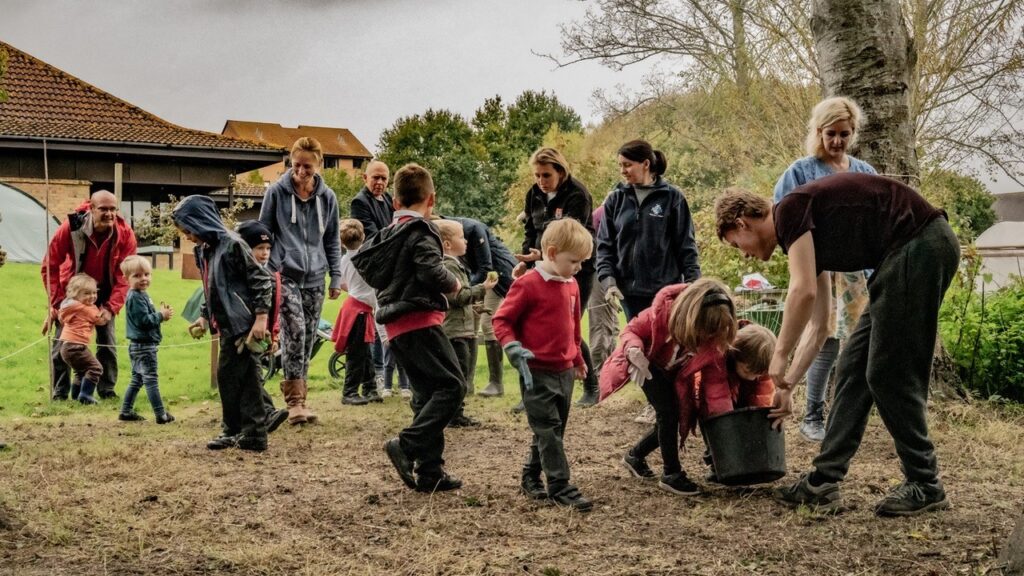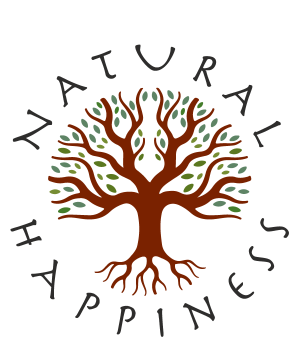Teach your children well
What do younger generations need to learn?
Do you ever wonder how we can help to prepare young people for the future they face, and whether what they learn at school really helps this? These questions become more acute as the climate crisis intensifies, and we know that its impact in various ways is severe for young people.
My interest has been strengthened because a good friend is a trustee of a Steiner School, where they are actively reviewing these issues. And by a distressing report, recently published, showing how deep and widespread are concerns about climate and the future among 16-25-year-olds, across the world.
My suggestions on how to support young people come from my broad explorations of resilience and wellbeing in the face of climate change and other future challenges: I’m not an education professional, and how to bring this into schools is a question beyond my capacity to answer. Here are my ideas:
- Community cultivation: I share the view that Western cultures are too focussed on individuality. And many surveys show that high social media activity has made many young people self-centred and narcissistic. In the turbulent times ahead, the skills to progress with both practical actions and emotional support in groups will be crucial, but most people of any age lack these skills. What’s needed includes ability to express your own strong feelings clearly and cleanly, and hear others’; to compromise, collaborate, negotiate; to resolve or live with conflicts and differences in values. Also to understand a community’s need for cohesion, for ways to include diversity, for rituals, and lots more.
- Resilience and self-care: life is getting more abrasive and alarming, so we’re all going to need more physical, emotional and soul resilience. This can be learned. Self-care means an understanding of how to manage stress, and how to calm and nurture yourself – including support from others. For more on soul resilience, see my new website soulresilience.net.
- Nature affinity: my hope is that every child and teenager gets experiences and knowledge that help them feel in community with all Nature, instead of seeing it as a dead asset for human use. The growth of Forest Schools is a hopeful sign.

Image: Edible Garden at St Mary’s Primary, Bridport – courtesy of Robert Golden
- Climate change realities: by this, I mean teaching the science, the future outlook, the choices that could be made, and the emotional capacities to live with it. Plus the next item…
- Change-making: the younger generations need to know how to work for positive change, within political and economic systems that often look indifferent and in service to the rich. There are learnable skills of using the law, claiming your rights, gathering public support in your local community, using online petitions and more…
- Imagination and creativity: in his excellent book, From What Is to What If, the founder of the Transition Network, Rob Hopkins, shows how the abilities and the space to imagine a better future has been largely squeezed out of the education system and many other places. We have to re-enable imagination, and link it to creative expression of all kinds: this is a vital part of positive change-making. For my summary blog on Rob’s book, click here.
- Practical survival skills: we know that climate change is likely to continue for many years, and the impacts beyond 2040 or 2050 are probably severe. Survival skills can range from basics like having emergency food and torches, through coping without mobile phone networks, to how to do basic plumbing, carpentry, etc. Another element in this is how to grow and cook your own food. This pairs well with the resilience and self-care mentioned earlier.
There are plenty of resources on my websites which could help provide this learning material. You can see more at www.seedingourfuture.org.uk, www.naturalhappiness.net and www.bridportfoodmatters.net.
